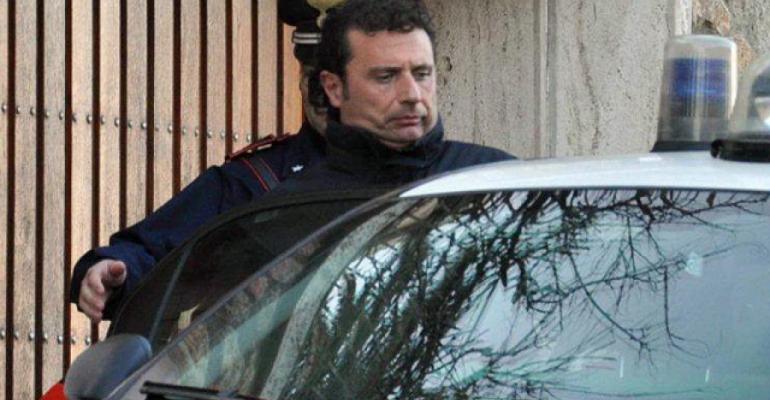In the months since the disaster, Costa officials and executives from parent company Carnival have worked assiduously to dispel the notion that blame for the disaster goes beyond an errant captain to encompass failings on the part not just of the crew but of senior executives and the wider company.
The extent to which those efforts have been successful—and they have to a significant degree—has depended in part on the highly negative picture that emerged almost instantly of Capt. Francesco Schettino, the ship’s commander. Schettino is charged with shipwreck, manslaughter and abandoning his ship.
But it also owes much to Costa’s diligent work since the tragedy, in comforting the survivors, removing the wreck with minimal impact on the environment and reinforcing its image as a major economic force that Italy cannot afford to lose, as well as to the trust built up in the Costa brand over years.
Yet as the recently released report by a quartet of experts on the events of that fateful night demonstrates, Costa will still have serious questions to answer when opening trial hearings get under way on October 15.
Schettino certainly takes the lion’s share of the blame, the report identifying a string of failures starting with the ‘extremely risky maneuver’ that took the Concordia into the rocks and continuing with an almost complete breakdown of effective communication almost from the moment the collision occurred.
The report also details a series of errors and omissions that exacerbated the impact of the collision, and delayed an effective response. Specifically, it finds that Schettino delayed in alerting the authorities, played down the gravity of the situation when he did and failed to sound a timely general emergency. The order to abandon ship came 43 minutes later than it should have done, to fatal effect..
But the report also raises questions about the equipment on board, the training and certification of the Concordia’s crew and the actions of Costa’s shoreside staff, citing in particular an alleged failure to make themselves available to the authorities.
Among the eight other individuals under investigation alongside Schettino are operations manager Roberto Ferrarini and Manfred Ursprunger, who was evp fleet operations until relieved of the position over the summer summer in what the company called ‘an internal reorganisation.’
For its part, Costa responded robustly last week to suggestions that it shared any part of the blame for the disaster, laying the responsibility once again squarely at the captain’s door. In particular, it argued ‘the law provides that, in the event of an accident, the obligation to inform the authorities is up to the captain, while it is the duty of the company to put itself at the disposal of the authorities.’
It added that ‘the records confirm that the captain assured the representative of the crisis unit of Costa Crociere that the authorities had been informed, just as it is clear that the company put itself at the disposition of the authorities.’
Contrary to the report, which asserted Schettino had plainly described explained the situation in his first call to the company, Costa also claimed: ‘It is also clear from the voice recordings that the captain’s communications to the crisis unit were partial, confused and late, denying the unit a clear picture of the gravity of what was happening.’
The company described charges that the crew was unprepared for the emergency as ‘without foundation’ while the ‘supposed defects in the certification of some members of the crew, which we do not accept anyway from a technical and administrative standpoint, refer only to a few crew members who played no active role in managing the emergency.’
Costa will fight its corner in court, but the release of the report has done little to ease the pressure. And just in case the company needed any reminder of how high the stakes are, the island of Giglio filed a civil action against the company on the heels of the report’s publication, seeking what its lawyers called payment for ‘damages to the Giglio island community, which are vast.’
Copyright © 2024. All rights reserved. Seatrade, a trading name of Informa Markets (UK) Limited.
Add Seatrade Cruise News to your Google News feed.  |

